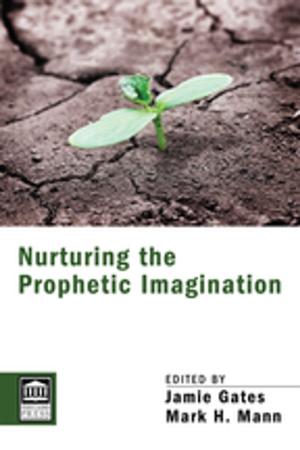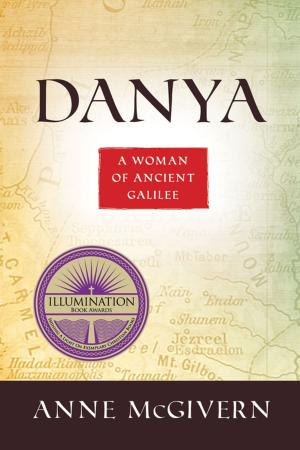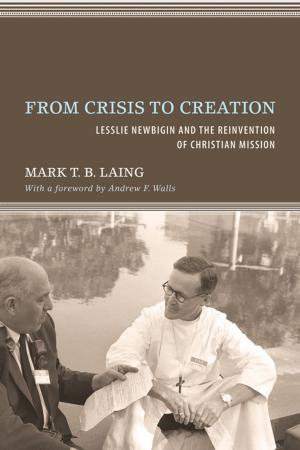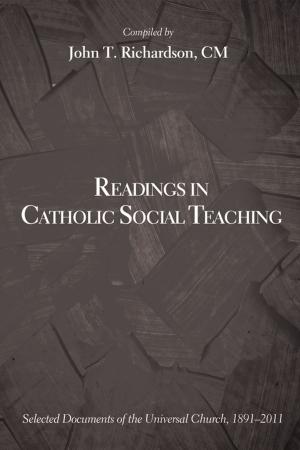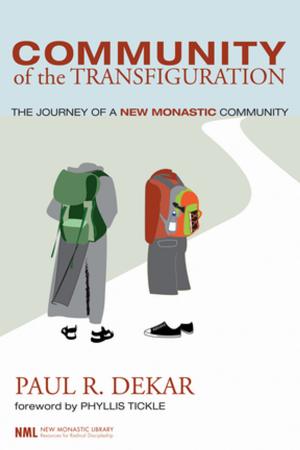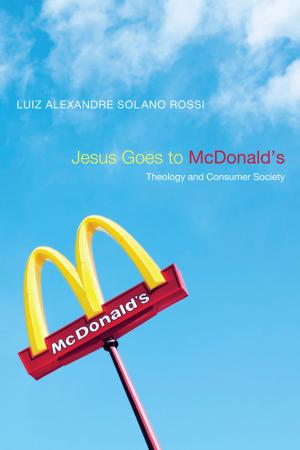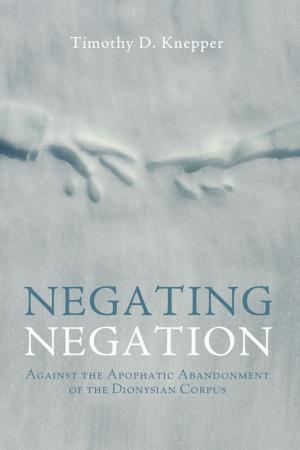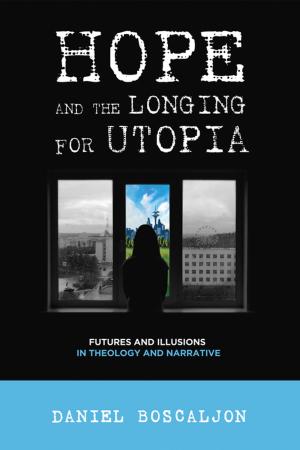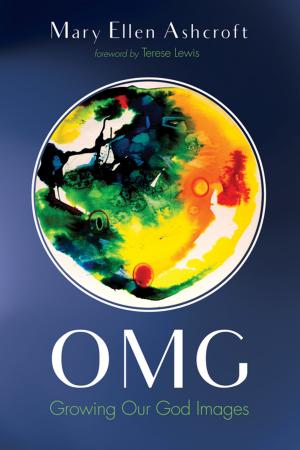Dialogue of Love
Confessions of an Evangelical Catholic Ecumenist
Nonfiction, Religion & Spirituality| Author: | Eduardo J. Echeverria | ISBN: | 9781498271493 |
| Publisher: | Wipf and Stock Publishers | Publication: | January 1, 2010 |
| Imprint: | Wipf and Stock | Language: | English |
| Author: | Eduardo J. Echeverria |
| ISBN: | 9781498271493 |
| Publisher: | Wipf and Stock Publishers |
| Publication: | January 1, 2010 |
| Imprint: | Wipf and Stock |
| Language: | English |
The Dialogue of Love is written from the perspective of an evangelical Catholic Ecumenist. Raised Catholic, but having responded to the Gospel at L'Abri Fellowship in 1970, Eduardo J. Echeverria's journey took the paths of Reformed and then Anglo-Catholic Christianity on his way back to full communion with the Catholic Church in 1992. Engaging in ecumenical conversation as a committed Roman Catholic whose views have been shaped by, among others, Romano Guardini, John Paul II, and Joseph Ratzinger (Benedict XVI), the author discusses in an articulate, bracing, and constructive manner, the positions of representative thinkers in the Dutch neo-Calvinist tradition of Reformed Christianity: Herman Bavinck, G. C. Berkouwer, and Herman Dooyeweerd. Fundamental issues of ecclesiology, meaning and truth, sacramental theology, the relation between the Church and the world, nature and grace, and issues on the relation of faith and reason are examined with the aim of achieving clarification and understanding. Readers will experience ecumenical Dialogue . . . not simply [as] an exchange of ideas, but also as an 'exchange of gifts', indeed, a dialogue of love (John Paul II).
The Dialogue of Love is written from the perspective of an evangelical Catholic Ecumenist. Raised Catholic, but having responded to the Gospel at L'Abri Fellowship in 1970, Eduardo J. Echeverria's journey took the paths of Reformed and then Anglo-Catholic Christianity on his way back to full communion with the Catholic Church in 1992. Engaging in ecumenical conversation as a committed Roman Catholic whose views have been shaped by, among others, Romano Guardini, John Paul II, and Joseph Ratzinger (Benedict XVI), the author discusses in an articulate, bracing, and constructive manner, the positions of representative thinkers in the Dutch neo-Calvinist tradition of Reformed Christianity: Herman Bavinck, G. C. Berkouwer, and Herman Dooyeweerd. Fundamental issues of ecclesiology, meaning and truth, sacramental theology, the relation between the Church and the world, nature and grace, and issues on the relation of faith and reason are examined with the aim of achieving clarification and understanding. Readers will experience ecumenical Dialogue . . . not simply [as] an exchange of ideas, but also as an 'exchange of gifts', indeed, a dialogue of love (John Paul II).

